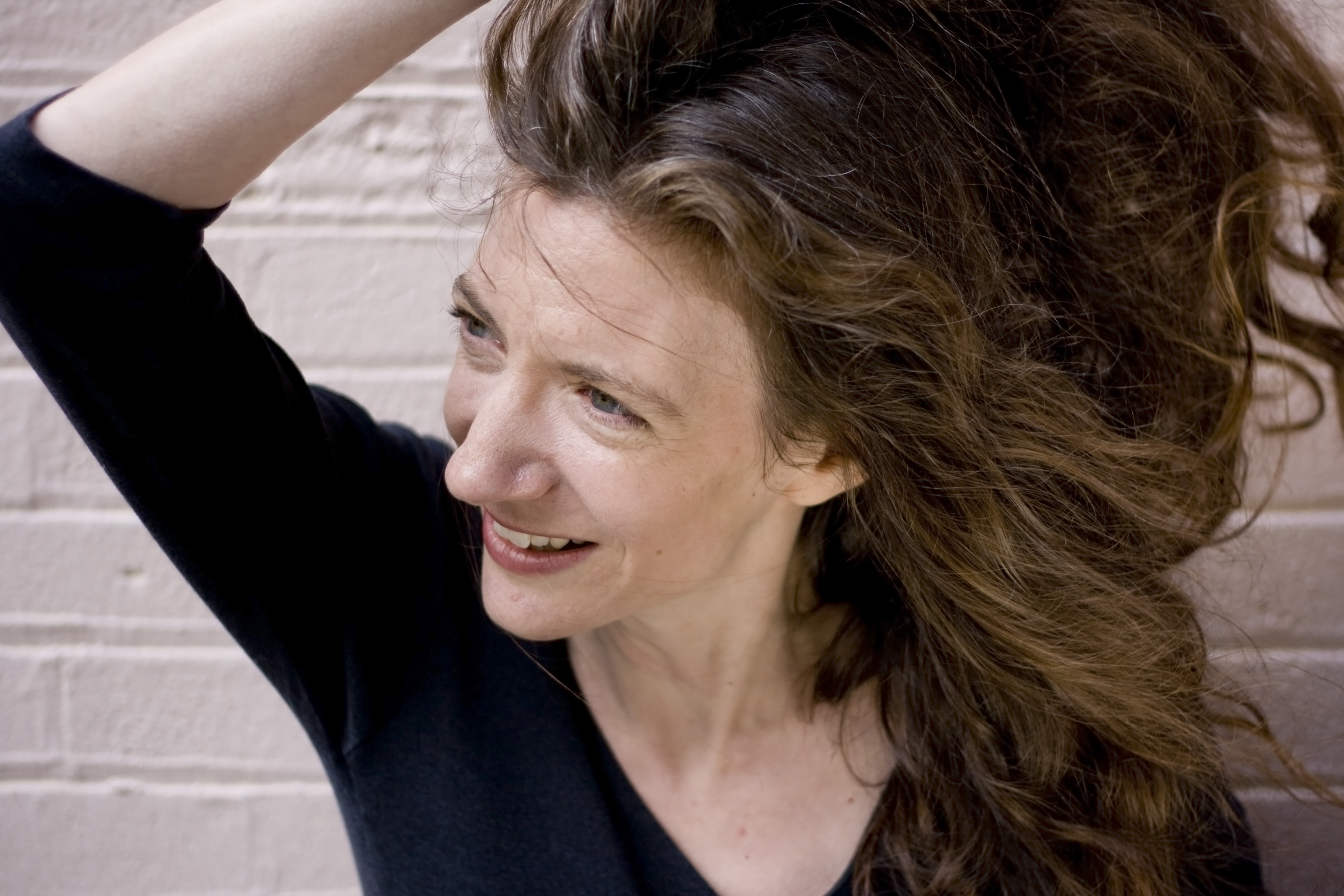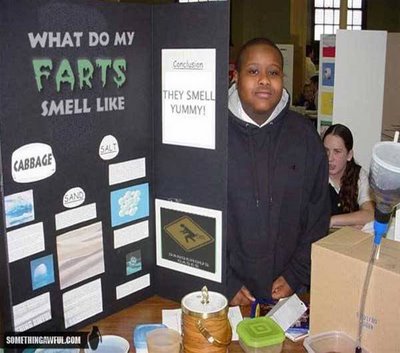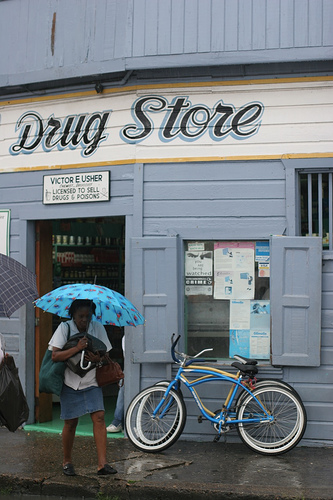
Today’s post is longer than usual. I get great emails from people who have read my book Everything Changes. I thought I’d share this one with you and my response:
Dear Kairol,
You’re the only other person I’ve found with a tricky case of thyroid cancer with no cure. How did you deal with it? Having my cancer labeled as “recurrence” worked because then we could do something about it. But now it is seen more as incurable. The constant monitoring and the knowledge that it’s lingering sucks. Lately I’m always thinking about it. Did you just accept it at some point? How long did it take? Blogging helps a bit to get the thoughts out of my head, but it’s sort of driving me nuts. Any suggestions, advice? - Robin
Dear Robin,
You’re in territory familiar to anyone living with chronic disease. It is very unusual for papillary thyroid cancer to be incurable, but here you and I are. I’m living with two tumors in my neck and am not receiving treatment (I’m refractory) and won’t have surgery unless they grow significantly. I’m doing this under close supervision of a top-notch doc at Memorial Sloan Kettering. This approach is a recent shift for me. Your question made me reflect on how I’m coping with incurability. Hold tight, some of this seems nauseatingly Oprah-esque but just stick with me:
Acceptance and relief. My experience is opposite yours. Knowing that my cancer is incurable has dissipated my fear and anxiety somewhat, which is hilarious considering what a high-strung freak I can be. When we still thought there was a cure, I was hyper-stressed wondering “Will treatment work this time?” “Will my scans show me as cancer free?” It seems twisted, but in this world of being incurable, I find relief in not having to grapple with these unknowns and in not having to recover from the continual and exhausting disappointment of bad news. Of course I’d rather have good news, but I’ve rarely received good news in nine years of cancer and I’m sighing with relief at calling a spade a spade.
I now mark success not by the absence of cancer but by whether the tumors have grown or stayed the same (I want to include shrinking as an option but I feel too jinxed to do that.) This is a big change that I’m still adjusting to. And yes, waiting for blood test and scan results still SUCKS but is getting ever so slightly easier with time. Either that or my distractions are just getting better.
Expert Care. My new doc primarily sees patients with challenging cases. He has no pity, confusion, or odd curiosity about my case. He has seen tons of patients in my shoes and can tell me what to expect. This is tremendously reassuring.
Deep Distraction. I’m good at feeling my feelings, and at finding supreme distractions: a person can only take so much wondering if cancer has spread to other organs. My book Everything Changes hit the shelves while the reality of my chronic condition was unfolding. Keynote speaking, blogging, answering fan mail, and having book parties around the country are incredible distractions. (Anyone who wants to host a book party for me – just say the word!) There is a fine balance between running from reality and plunging into a well deserved, therapeutic lifestyle of perfectly legal distractions. Find that balance.
Simple Comparisons. 98% of the time comparing oneself to other cancer patients is a supremely bad idea and only leads to jealousy, guilt, or worse - forced gratitude. I have found a small exception. I live daily with the intimate stories of 25 people who are in my book. Their cancers are faster growing than mine (most papillary is very slow growing) and my survival rate is still very good. I may or may not have to deal with some more complicated medical hell in the future. And that scares the crap out of me. But I know I still have a good chance of living, and compared to these other patients I have come to adore, I’m down right grateful. I do not make these comparisons to force myself to feel better – again, horrible idea – but the comparisons are just happening naturally for me and result in some deep appreciation for my struggle and theirs’.
Being Myself. Who I am changes because I’m growing up, adjusting to cancer, and seeing the world differently as life moves on. How I feel now about my cancer today will not last forever. What’s easy for me to digest now may become harder, and then will become easier again. That’s why I love the mantra Everything Changes. It is just true. When I’m in an hideous headspace about my cancer, I don’t beat myself up about feeling like crap. I let it be and know that it will change. Relieving this pressure helps. Seeing a therapist can be helpful too, as can my current system of therapy: baking strawberry cobblers, talking out my fears with Shannon, renting espionage movies, and remembering that Everything Changes.
Does anyone else have advice for how to live with recurrences, incurable disease, or what to do with cancer fear in general? Have you made the shift from acute to chronic and how did you deal with it? If you have other questions for me, send them my way. I’d love to answer them.
Read Everything Changes: The Insider’s Guide to Cancer in Your 20s and 30s to learn how Wafa’a, Geoff, Greg, and Holly Anna have dealt with illness over the long haul.



![]()
![]()



 “Everything Changes is, without doubt, the most forthright, emotionally sophisticated, and plain-old valuable book of its kind I've seen.”
“Everything Changes is, without doubt, the most forthright, emotionally sophisticated, and plain-old valuable book of its kind I've seen.”












